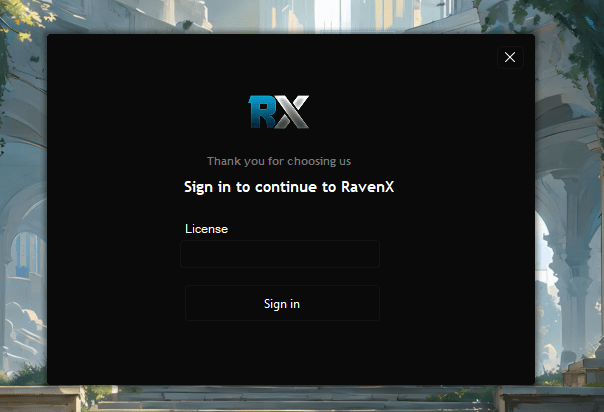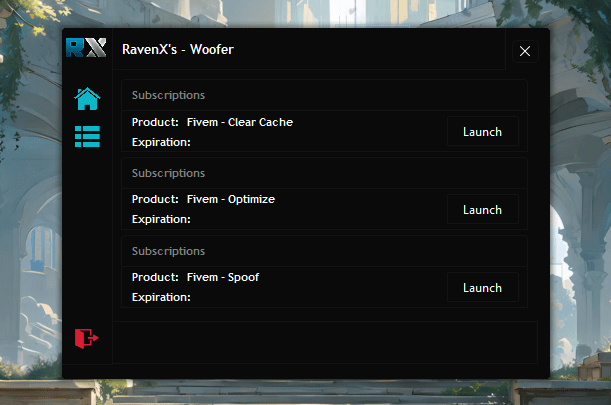Raven X - Advanced HWID Spoofer
Project Overview
A sophisticated hardware ID spoofing solution that works with major anti-cheat systems. Raven X combines kernel-level drivers and EFI modules to provide temporary spoofing across multiple identification vectors, designed for gamers seeking to bypass hardware bans in popular titles.
Key Features
Complete hardware fingerprint spoofing (MAC, HDD/SSD, SMBIOS, GPU, CPU)
EFI-level firmware modifications for deeper hardware ID masking
Temporary driver installations that leave no permanent traces
Compatible with EAC, BattlEye, Vanguard, and other leading anti-cheat systems
Support for FiveM, Fortnite, Call of Duty, Rust, Valorant, and other online games
User-friendly interface with one-click spoofing solution
Customizable hardware ID generation with save/load profiles
Real-time monitoring of anti-cheat activities
Automatic system restore point creation before modifications
Disk serial number modification and volume ID changes
Network adapter parameters randomization
BIOS serial and UUID regeneration
Secure system cleaning and trace removal
TPM-based attestation workarounds
Cloud-based anti-detection updates
Kernel-mode protection against anti-cheat detection
System file integrity verification
Anti-heap scanning technology
Manual and automatic startup options
Compatibility mode for older systems

